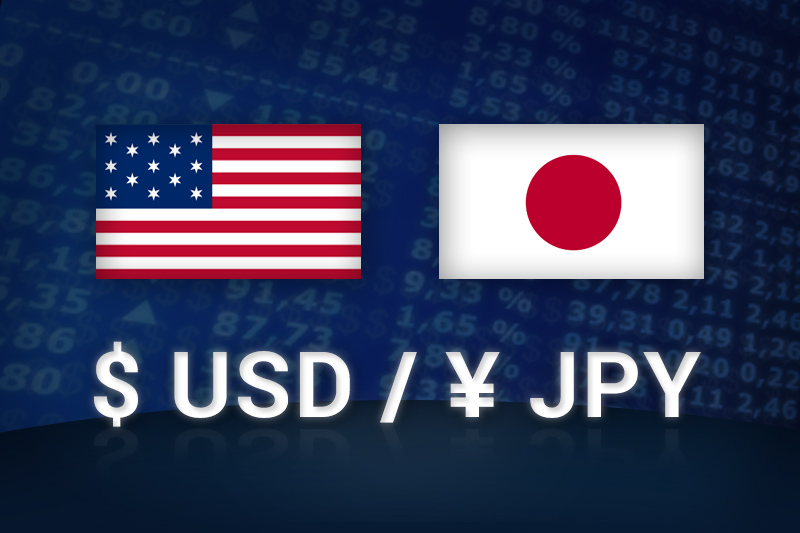Investing.com’s stocks of the week
Investing.com - The U.S. dollar traded higher against the Japanese yen during Thursday’s Asian session after retail sales data out of the world’s third-largest economy contracted less-than-expected.
In Asian trading Thursday, USD/JPY rose 0.22% to 97.86. The pair was likely to find support at 96.31, the low of August 7 and resistance at 98.25.
Earlier Thursday, the Ministry of Economy Trade and Industry said that Japanese retail sales fell 0.3% last month following a 1.6% gain in June. That was still better than the drop of 0.6% for July economists expected.
The yen had been gaining some strength against the dollar due to escalating tensions in Syria, which prompted traders to explore safe-haven alternatives to the greenback.
Riskier assets were volatile Wednesday amid concerns that the U.S. may launch limited missile strikes against Syria for its alleged use of chemical weapons in its civil war despite warnings to avoid such actions from Russia, China and Iran.
British Prime Minister David Cameron drafted a United Nations resolution condemning the use of chemical weapons in Syria while "authorizing necessary measures to protect civilians" on Wednesday.
The U.N. Security Council was studying draft language, and with a veto possibly to come from Syrian allies Russia and China resulting in a deadlock, U.S. and U.K. policymakers may look beyond diplomatic deadlocks and seek ways to justify military strikes without a U.N. mandate.
In U.S. economic news out Wednesday, the National Association of Realtors said that its pending sales index fell for July 1.3% from June. That is the second straight monthly drop. The pending home sales index was 109.5 last month. A reading of 100 is considered average or normal.
Elsewhere, AUD/JPY jumped 0.42% to 87.67 while NZD/JPY climbed 0.56% to 76.59.
In Asian trading Thursday, USD/JPY rose 0.22% to 97.86. The pair was likely to find support at 96.31, the low of August 7 and resistance at 98.25.
Earlier Thursday, the Ministry of Economy Trade and Industry said that Japanese retail sales fell 0.3% last month following a 1.6% gain in June. That was still better than the drop of 0.6% for July economists expected.
The yen had been gaining some strength against the dollar due to escalating tensions in Syria, which prompted traders to explore safe-haven alternatives to the greenback.
Riskier assets were volatile Wednesday amid concerns that the U.S. may launch limited missile strikes against Syria for its alleged use of chemical weapons in its civil war despite warnings to avoid such actions from Russia, China and Iran.
British Prime Minister David Cameron drafted a United Nations resolution condemning the use of chemical weapons in Syria while "authorizing necessary measures to protect civilians" on Wednesday.
The U.N. Security Council was studying draft language, and with a veto possibly to come from Syrian allies Russia and China resulting in a deadlock, U.S. and U.K. policymakers may look beyond diplomatic deadlocks and seek ways to justify military strikes without a U.N. mandate.
In U.S. economic news out Wednesday, the National Association of Realtors said that its pending sales index fell for July 1.3% from June. That is the second straight monthly drop. The pending home sales index was 109.5 last month. A reading of 100 is considered average or normal.
Elsewhere, AUD/JPY jumped 0.42% to 87.67 while NZD/JPY climbed 0.56% to 76.59.
